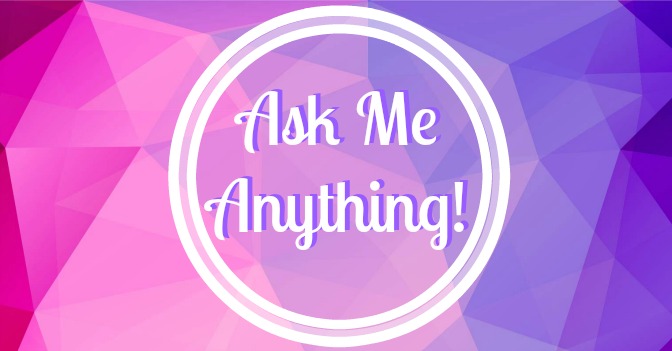
From the Experts, Planning Tips, Your Event Career
Athena DeVonne: Ask Me Anything!
QC tutor Athena DeVonne took to our Facebook page in March to answer your questions about your event planning career. Missed out? Not to worry—we’ll recap the highlights, from info about event planning software to Athena’s three essentials steps for setting up shop.
While our tutors are pros, they can’t cover everything in just one hour-long AMA session! If you’ve got your own questions, keep updated on our Facebook page to find out when our next monthly AMA is coming up.
Q: What software/platforms do event planners use to run their businesses?
A: Oh boy, this is a very long list! Some popular ones are HoneyBook, Planning Pod, 17hats, and Basecamp, which all cater to the event industry. I am basically going against the grid and I am using vCita in sync with Evernote to run my business. Neither caters to this industry but I found ways to make them work seamlessly for me. There are many, many options. You just have to research which ones fit your business expense budget outline, provide an easy user experience, and allow you to create a consistent process.

Q: How do I set up shop? Do I contact vendors and research prices? Where do I start?
A: The first thing you want to make sure of is that you are “Google” ready. What I mean by this is that you have an online presence to support the fact that you are in business. You’ll need a website, Facebook business page, LinkedIn profile, Google+ profile, Instagram account, and Twitter account to start.
You do not have to use them all heavily but you should at least create them. When speaking with vendors, this is the first thing they will research when you contact them. They will Google you. You want them to be satisfied that they can find information about you. This way they will take you seriously. And when customers are looking for services, they immediately use a search engine to find vendors, so you want to make sure you are easy to find. Many clients have found and booked me from Instagram and Facebook, so these social platforms are all equally as important as having a website.
Vendor referrals are about 25% of my business currently, so once you have your online presence in place, I would schedule at least one vendor tour and one venue meeting a week. Meet in person for coffee, cookies, or cupcakes. You are there to learn about THEM, so focus on their business. Then, towards the end of your meeting, speak about your business and your target audience. Putting a “listening” foot forward always creates the strongest bond. They will want to know more about you. Networking and vendor relationships are the keys to starting and maintaining your business. You should also set up a vendor database to which you can add their information.

For one more idea, you can host your own Launch Party (this is what I did). Invite all your local family and friends to a launch brunch/lunch/dinner to tell them all about your new business. If you are into décor and event design, create your own centerpieces to show off what you can do. My first two brides came from my launch party!
Q: How do you determine the rate to charge a client? Is it best to have a flat rate or charge by the hour?
A: This is a personal choice based on your specific financial needs. Many people will tell you that there is a right or wrong way, or best way or typical way and price range. But here is what I consider to be true. Everyone’s life is different, so your needs are different.
My recommendation is to take a look at Kristin Kaplan’s pricing workbook on her website. There is a free Pricing workbook download that walks you through figuring out exactly how much income you need. From there you can calculate down to a percent or hourly rate. You can also decide how many weddings/events you need to do per year to reach your income goal. Always, always know the truth of your own situation instead of going with the general average!

Q: What are some good questions to ask at your first vendor meeting when you’re just trying to introduce yourself?
A: Here are the questions I ask to all vendors. I use an online form to fill in my vendor database, so this should give you an example of questions to ask.
Q: How do you handle clients with bad taste?
A: I know who my target client is and they are the only ones I work with. Not all clients are meant to be your client. It’s not good to accept every client/inquiry that comes your way if they do not fit what or who your services work best for.
The best way to determine if a client fits your services is to have an in-depth consultation face-to-face with them. You learn a lot about them from their body language. It’s not just about clients finding the perfect services, but also about you offering services to the best clients. Structure your consultations to include everything you need to know so you can determine if this client fits your business model.
